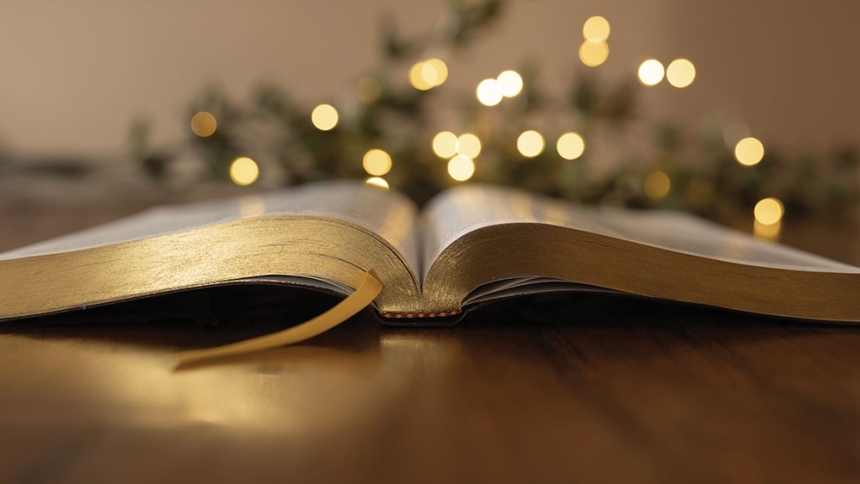
As published in the Northwest Indiana Catholic on January 21, 2018
Our common human experience is so mysterious, big, surprising, joyful, painful, significant, confusing and beautiful, that we each necessarily wonder about it all. The little child who is suddenly serious for a moment and asks a profound question about God. The dying woman who turns to her husband and questions, “Did I love you enough?” Those moments of wakefulness in the night when we worry and pray about a loved one. Watching a glorious sunset with a friend and simply letting the silence speak.
Invariably, we find ourselves often drawn to contemplation, to ponder in wonder the vast mystery of life, realizing that what we grasp and understand is just the mere surface of our amazing reality.
I recently discovered an interesting blog from the Clapham Institute, written by Michael Metzger, which explores contemplation as the foundation of culture through the thoughts of Josef Pieper, a German Catholic philosopher.
Metzger writes, “Pieper believed the Western world has forgotten the nature of leisure. It isn’t retiring to Florida and chasing golf balls. It isn’t traveling to exotic locations…it is not a day off. Leisure is for perceiving reality. Leisure is contemplation and contemplation means religious musing. Religion is to rebind. Musing is pondering, perceiving how the universe is ordered. ‘Leisure is an attitude of mind and a condition of the soul,’ writes Pieper, ‘that fosters a capacity to perceive the reality of the world. Leisure has been, and always will be, the first foundation of any culture.”
I was struck during this recent Christmas season by two lines in the Scriptures: “They (the Magi) prostrated themselves and did him homage.” (Matt 2:11) And, “His mother kept all of these things in her heart.” (Lk 2:51)
These vignettes speak of the truth and power of contemplation. The culminating act, the destiny of the arduous pilgrimage of the Magi, was to contemplate in wonder the simple reality of the Christ Child. These powerful men bowed in worship before a mystery their minds could not grasp but their hearts had already perceived when the star emerged.
Mary stores and ponders in her heart the experiences and events surrounding her son. Like the Magi, her stance is one of wonder before the glory of God revealed in the mysterious child she conceived, bore and nurtured.
All of the Scriptural figures, from Adam and Eve to the redeemed of the Apocalypse, all of the saints, from Simon Peter to Mother Teresa and our own human experiences teach us that life is first about being before acting, that we must first receive before we can give, that grace meets us with the gift of the Divine Presence before we are even mature enough to understand what, or more to it, who is being offered to us.
Once we grasp this fundamental dynamic of grace, celebrating the Eucharist, spending time in meditation, pondering the beauty of the world, savoring human love, praying over the Scriptures, contemplating the Blessed Sacrament cease being religious duties performed to please God. We no longer look to get “something” out of prayer or Mass because we have arrived to the sacred place, ready like the Magi, to worship, contemplate and offer our gifts. It is no longer about us.
Like Mary and the Magi, we instinctively bow in worship and praise before the beauty, truth and goodness of the Lord, knowing that our response of wonder and homage humanizes us and frees us to love and serve others, as we have graciously been loved by God beyond anything we could ever imagine, articulate or deserve.
Last November, hundreds of young people from our diocese joined 24,000 fellow Catholics from all 50 states at the National Catholic Youth Conference in Indianapolis. As always, the highlight was the Eucharistic Adoration service on Friday night. Technologically savvy, extremely active and highly intelligent young people pondered the Eucharistic Christ in absolute wonder and silence, happy to be disconnected from their devices for a while and connecting to a holy mystery they intuitively perceived and embraced.
In our society of frenetic activity, constant movement, ceaseless noise and virtual technological connection, contemplation, silence and wonder seem almost impossible realities. Yet, without them, we ultimately lose our relationship with God, a profound understanding of ourselves as divinely loved and gifted and the capacity to love others in an authentically human way. If we do not embrace true leisure, which creates the sacred space for contemplation to flourish, Joseph Pieper would say that we will eventually lose both our minds and our culture.
Maybe God is calling us to turn off the television and play a game with our children. Instead of listening to the radio in the car, I pray the rosary instead. It helps greatly in dealing with disturbingly rude drivers and painfully long red lights.
Maybe the Lord wants to see us less active and stressed and more peaceful and joyful. Maybe Sunday could really become the Sabbath again and not just a day to do sports and catch up on the week.
Is God calling you and me to make some fundamental changes in our lives so that we can breathe more freely and actually savor the sheer gift of being, like God himself did on the seventh day? I wonder. Wondering is a good place to start.
+ Donald J. Hying


